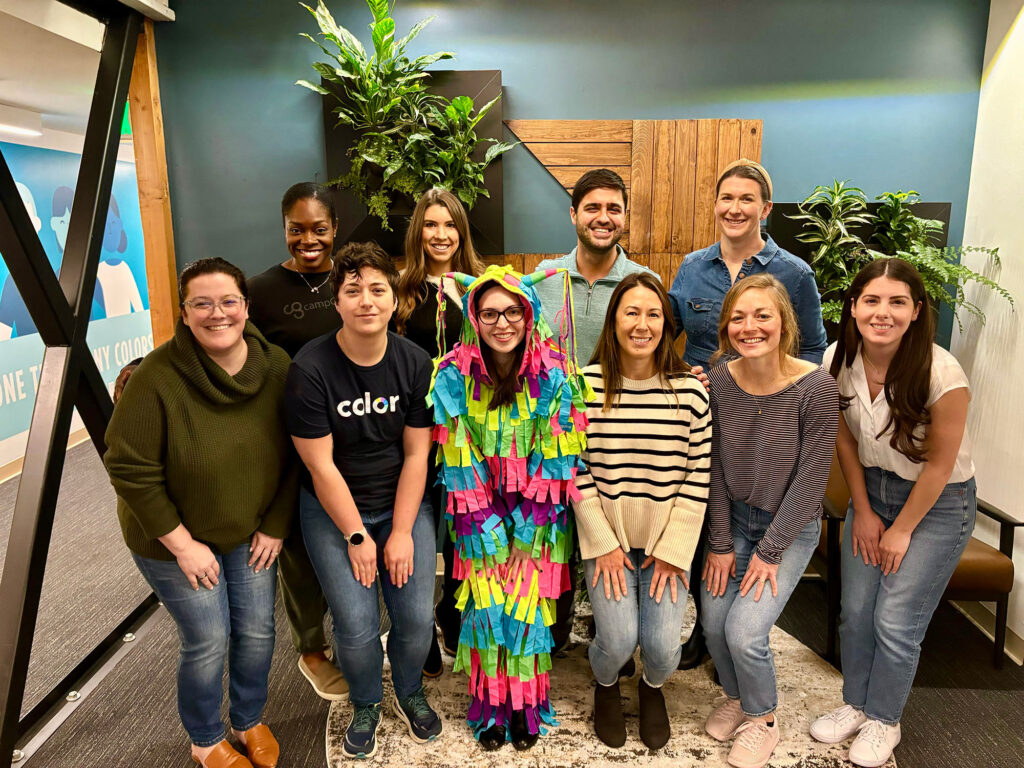News & Articles
World Cancer Day: Research Moving Science Forward
Anjali Zimmer
For 20 years, the Union for International Cancer Control (UICC) has observed World Cancer Day to raise awareness, improve education, and encourage action, in order to “reimagine a world where millions of preventable cancer deaths are saved and access to life-saving cancer treatment and care is equal for all — no matter who you are or where you live.”
This year’s theme is “I Am and I Will,” signifying a commitment to action in the fight to reduce premature deaths from cancer. Today, we’re sharing some of the research from the last year that is pushing institutional knowledge about genetic cancers forward, to acknowledge where the dedication to research has taken us and what comes next.
A Cost-effectiveness Analysis of Multigene Testing for All Patients With Breast Cancer, JAMA Oncology
This cost-modeling study found that performing multigene panel testing of all breast cancer patients was more cost-effective than limiting testing to only those who meet certain testing criteria based on family and clinical history. This strategy has the potential to save thousands of lives each year that could be lost to breast or ovarian cancer deaths.
Characterization of splice-altering mutations in inherited predisposition to cancer, Proceedings of the National Academy of Sciences of the United States of America
This paper reported on the development of a new experimental approach for discovering splice variants, a particularly tricky type of variant to recognize using currently available techniques. This research, out of Mary-Claire King’s lab at the University of Washington in collaboration with Color, is extremely valuable to the scientific community and will help find more cases of hereditary cancer through genetic testing.
RNA isoform screens uncover the essentiality and tumor-suppressor activity of ultraconserved poison exons, Nature Genetics
Since the first sequencing of mammalian genomes, there has been a lack of understanding of some DNA sections that are nearly identical across mammalian species. Even stranger, these DNA sections appeared to be causing the destruction of important gene products, earning the name “poison exons.” This breakthrough study used CRISPR technology and found that these exons were actually very important in suppressing tumor growth, finally shedding some light on a multi-decade mystery.
Multi-Gene Panel Testing of 23,179 Individuals for Hereditary Cancer Risk Identifies Pathogenic Variant Carriers Missed by Current Genetic Testing Guidelines, Journal of Molecular Diagnostics
Last year, the Color team published research findings that support increasing genetic testing access beyond only high-risk populations in order to better ensure potentially life-saving information reaches everyone who can benefit. The paper highlights how current National Comprehensive Cancer Network (NCCN) genetic testing guidelines for hereditary cancer are missing a significant number of pathogenic variant carriers. In this cohort, 21.7% of individuals with a pathogenic variant would not have met testing criteria.



